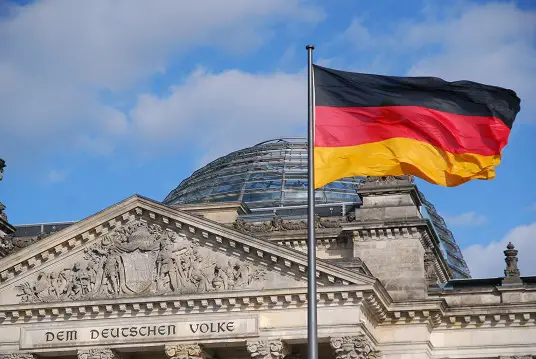On Wednesday, the German Federal Statistical Office (Destatis), released data showing that the nation’s public debt hit a new record of €2.37 trillion ($2.6 trillion) by the end of 2022.
Debt owed by the overall public budget to the non-public sector increased 2% annually, for a gain of €46.1 billion ($50 billion), over 2021. Destatis said the increase was precipitated by the energy crisis, as well as emergency measures implemented during the Covid-19 pandemic.
Debt swelled by 1.8%, or €41.9 billion ($45.5 billion) compared to the end of the third quarter of 2022, stirring worries over the debt’s potential impact on the German economy going forward and the nation’s financial stability. Per-capita debt came in at €28,155 ($30,600), indicating it is becoming a growing burden on the population.
Meanwhile economists worry that as the energy crisis continues to wear down the economy, inflation impacts consumer’s pocketbooks and spending habits, and investors worry about a further slowdown in the nation’s economy, the nation is confronting very real threats to its economic prosperity.
Analysts also note that the swelling debt owed to the non-public sector is a sign of the difficult economic conditions the nation faces due to the pandemic and the energy crunch. Destatis specified that the non-public sector includes banks and other economic sectors, both foreign and domestic, such as private businesses, both domestically and overseas.
As the government has been confronted by these crises, it has sought to mitigate their impact by making significant increases in public borrowing. German Finance Minister Christian Lindner has said the government needs to reduce its spending, even though that will impact the ability of the state to address economic problems which emerge, such as the diminishing levels of wealth.
Heavily reliant on natural gas to fuel its business sector, Germany has been particularly hard-hit by the rapid rise in energy costs which began after Russia’s invasion of Ukraine.
The nation has been shifting its sourcing of fuels and energy away from its once-biggest supplier, Russia, however as it has shifted its purchases to the Middle East and the United States, it has been forced to pay much higher prices, which has contributed to its energy crisis.


